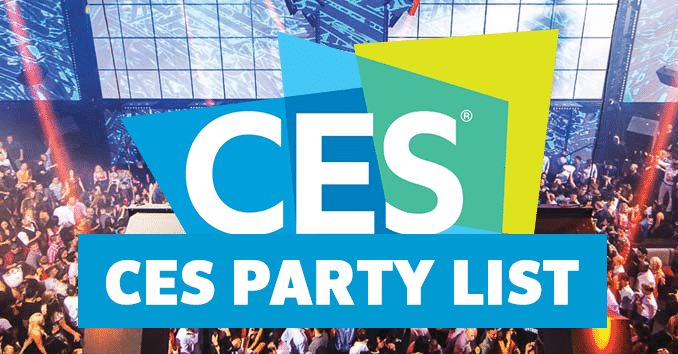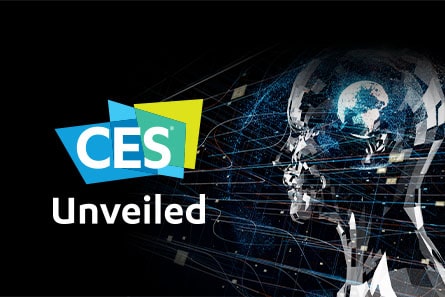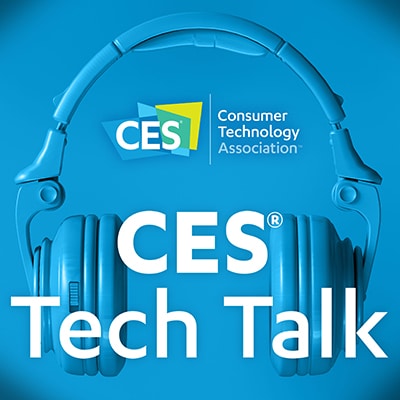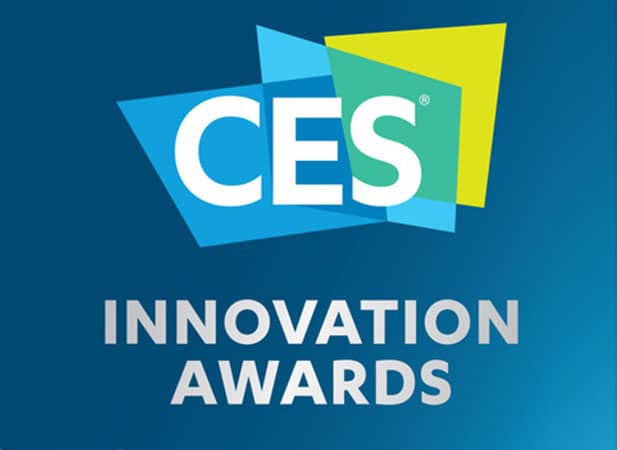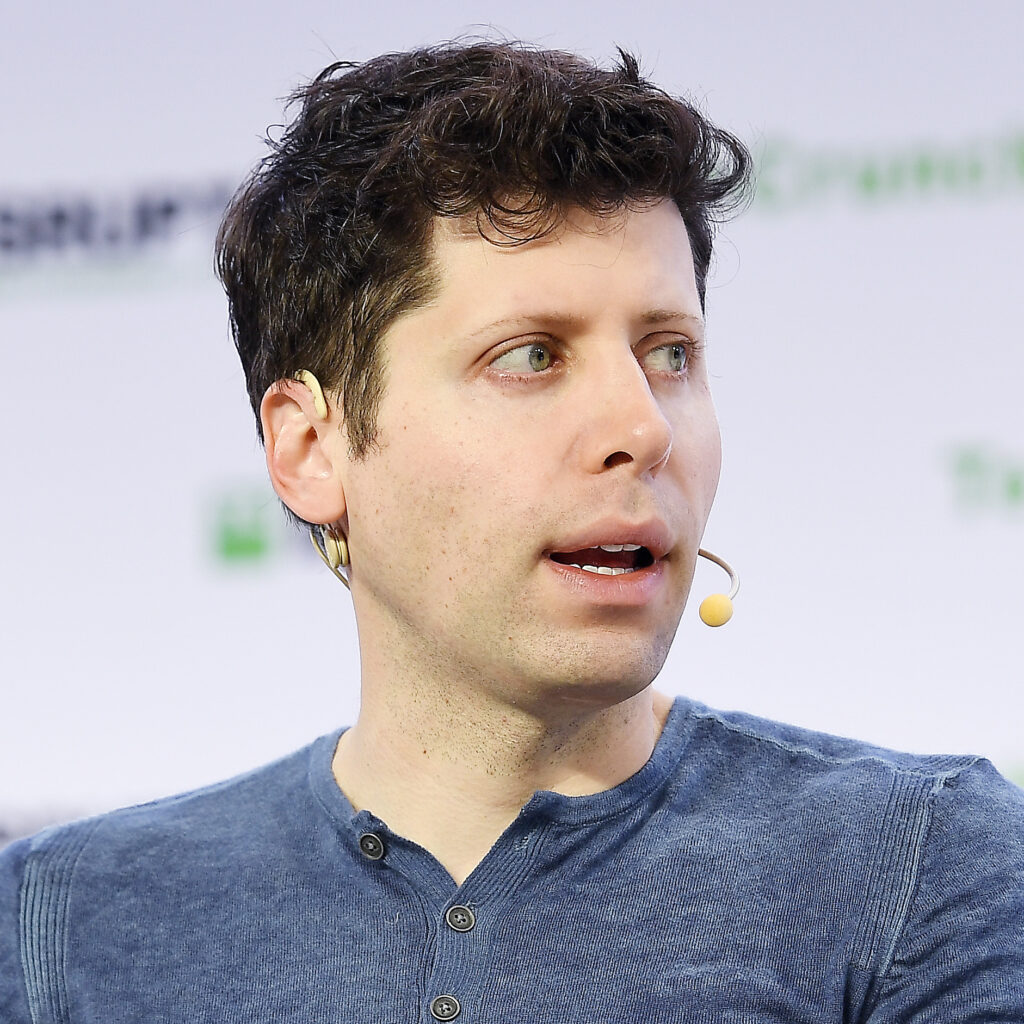
Your favorite tech billionaire beef just got a neuroscience upgrade. Sam Altman reportedly plans to co-found Merge Labs, a brain chip startup backed by OpenAI that’s gunning directly for Elon Musk’s Neuralink territory. According to Financial Times reporting cited by multiple outlets, the venture is targeting an $850 million valuation with OpenAI’s ventures team supplying a significant chunk of the $250 million funding round.
The Personal Vendetta Gets Neural
The Musk-Altman rivalry now extends beyond AI into the realm of human-machine interfaces.
This isn’t just another Silicon Valley funding announcement—it’s the latest salvo in tech’s most entertaining grudge match. Musk co-founded OpenAI back in 2015, left the board three years later, and has pursued various legal challenges against his former company since. Now Altman’s apparently decided that beating Musk in AI wasn’t enough; he wants to compete in the “let’s literally plug computers into brains” space too.
The Money Trail Tells Everything
Financial mechanics reveal both ambition and early-stage uncertainty in the reported venture.
| Company | Funding Sought | Valuation | Status |
|---|---|---|---|
| Merge Labs | $250M | $850M | [Rumor/Unconfirmed] |
| Neuralink | $650M | ~$9B | [Rumor/Unconfirmed] |
The financial mechanics tell their own story:
- Merge Labs seeks $250M at $850M valuation
- Neuralink’s funding status reported at $650M at ~$9B valuation
- OpenAI ventures expected as major investor
- Talks remain early-stage with no official confirmation
OpenAI reportedly declined to comment on the venture, leaving industry observers to parse secondary reports and speculation about the company’s actual involvement.
Reality Check: Brains Aren’t Software
Technical and regulatory hurdles make BCI development far more complex than typical tech ventures.
But here’s where reality crashes the hype party: brain-computer interfaces aren’t just another software problem you can solve by throwing GPUs and venture capital at it. Neuralink has spent years navigating FDA approvals, surgical precision requirements, and the small matter of not accidentally harming test subjects. Meanwhile, companies like Precision Neuroscience and Synchron have been quietly advancing their own approaches while everyone watched the Musk show.
The involvement of Worldcoin’s Alex Blania suggests this venture might take a different technical approach —possibly focusing on non-invasive interfaces rather than Neuralink’s surgical implants. Smart move, considering the regulatory nightmare that awaits any company wanting to drill holes in people’s skulls.
You’re witnessing the collision of two massive tech egos, but the real winners might be the researchers and patients who benefit from increased competition and funding in BCI development. The technology promises revolutionary applications for cutting-edge technologies:
- Paralyzed patients
- Neurological conditions
Just don’t expect your neural iPhone anytime soon. The gap between prototype and medical approval makes ChatGPT’s development timeline look lightning-fast.
Last modified: August 12, 2025

